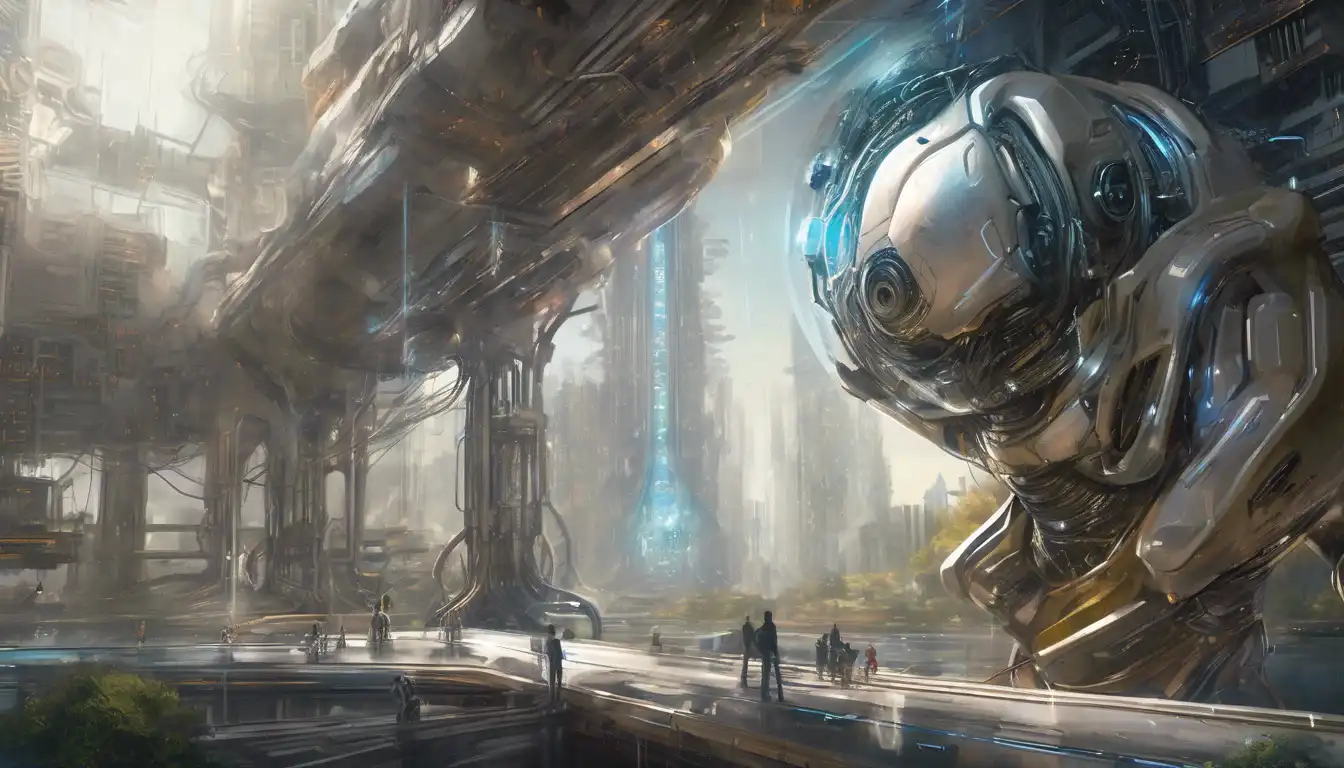Introduction to Artificial Intelligence's Evolution
Artificial Intelligence (AI) has transitioned from a futuristic concept to a cornerstone of modern technology. Today, we stand on the brink of a new era where AI's potential seems limitless. This article delves into the current state of AI, exploring its advancements, challenges, and what the future holds.
The Current State of AI
AI today is more than just algorithms and data; it's about understanding and replicating human intelligence. From machine learning models that predict consumer behavior to natural language processing systems that understand human speech, AI is reshaping industries.
Advancements in AI Technology
Recent years have seen groundbreaking advancements in AI. Deep learning, a subset of machine learning, has enabled computers to recognize patterns and make decisions with minimal human intervention. Innovations like neural networks have further enhanced AI's capabilities, making technologies like self-driving cars and personalized medicine a reality.
Challenges Facing AI
Despite its progress, AI faces significant challenges. Ethical concerns, such as privacy and bias in AI algorithms, are at the forefront of discussions. Additionally, the computational resources required for advanced AI models pose environmental and economic challenges.
The Future of AI
The future of AI is bright, with potential applications in every sector imaginable. From transforming healthcare with predictive diagnostics to revolutionizing education through personalized learning, AI's impact will be profound. However, realizing this potential requires addressing current challenges and fostering collaboration across disciplines.
Conclusion
As we explore the future of artificial intelligence today, it's clear that AI is not just a technological revolution but a societal one. By understanding its current trajectory, we can prepare for a future where AI enhances human capabilities and creates opportunities for all.
